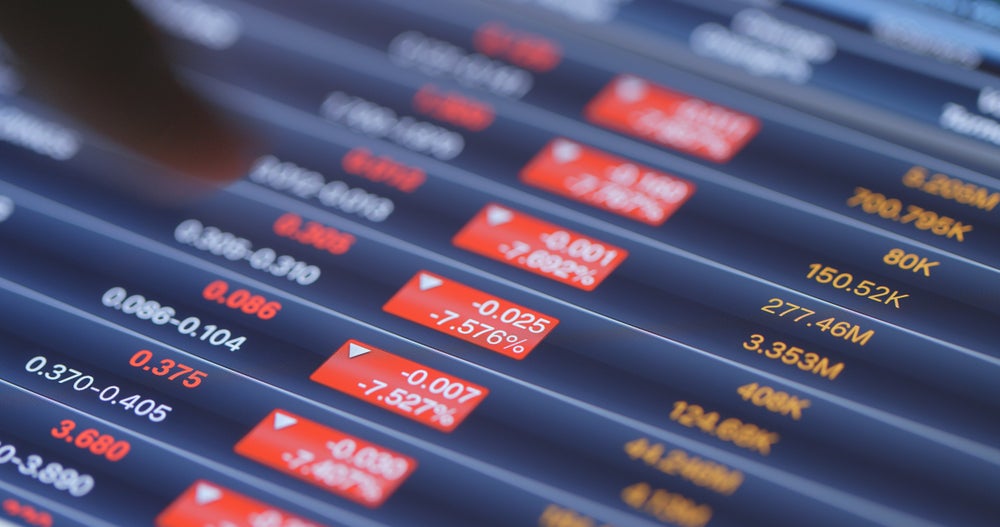
Expectations of an economic downturn or recession are growing louder within financial circles. But when? And why? And how should investors prepare for any economic shocks? PBI answers these questions with six numbers:
A third think a trade war is the biggest threat to growth
Some 31% of professional investors predict a trade war will be the most significant threat to global growth this year according to a public poll by Deutsche Bank Wealth Management’s Chief Investment Office (CIO).
Other concerns cited as a threat to global growth in 2019 were European politics, softer GDP growth, earnings recession, quantitative tightening and central bank errors.
Of those polled, 53% believed that the next global economic downturn would start between one and three years’ time. Only 10% expected the wait to surpass three years.
And a third of CEOs expect a decline in the global economy
The share of CEOs who expect global economic growth to ‘decline’ in 2019 jumped 436% in this year’s PwC CEO survey. Twenty-nine per cent of company CEOs expect a decline in the global economy this year. And while 42% expect the economy to improve, that figure is down from 57% when PwC conducted the survey last year.
In the US, a third are bullish about the next 12 months
Some 73% of professional investors believe a recession is near in the next two years, according to a report by Boston Consulting Group (BCG). In 2017, only 53% expected a recession. Meanwhile, 33% were found bullish regarding the market’s potential over the next 12 months, compared to nearly a half in the previous year.
How well do you really know your competitors?
Access the most comprehensive Company Profiles on the market, powered by GlobalData. Save hours of research. Gain competitive edge.

Thank you!
Your download email will arrive shortly
Not ready to buy yet? Download a free sample
We are confident about the unique quality of our Company Profiles. However, we want you to make the most beneficial decision for your business, so we offer a free sample that you can download by submitting the below form
By GlobalDataIn the UK, FTSE leaders are more gloomy
Just one in ten FTSE 350 company secretaries believe global economic conditions will improve over the next 12 months. When the Boardroom Bellwether survey – conducted twice a year by ICSA, a UK governance body, and the Financial Times – was conducted in August, that figure was 42%.
Also in the UK, investor sentiment plummets
January saw a new low for the Lloyds Bank Investor Sentiment Index which reached -8.4%, following the biggest year-on-year fall on record (of 20.7%). The research by Lloyds Bank Private Banking pinned the blame on US shares, UK assets and commodity market performances in December. “The hefty price fluctuations since October 2018 and the fall in oil prices have wreaked havoc on investor sentiment, leaving some confused,” said Markus Stadlmann, chief investment officer at Lloyds Bank Private Banking.
But there are opportunities ahead for investors
Six months prior to a recession is the best time to invest according to UBS Wealth Management chief investment officer Mark Haefele. Speaking at the UBS Wealth Insights forum in Singapore, Haefele said, “You have to stay invested, whatever your risk tolerance can bear. The period of 18 months to six months before a recession is often when you get most of your returns because that’s when economies do strongly.”







